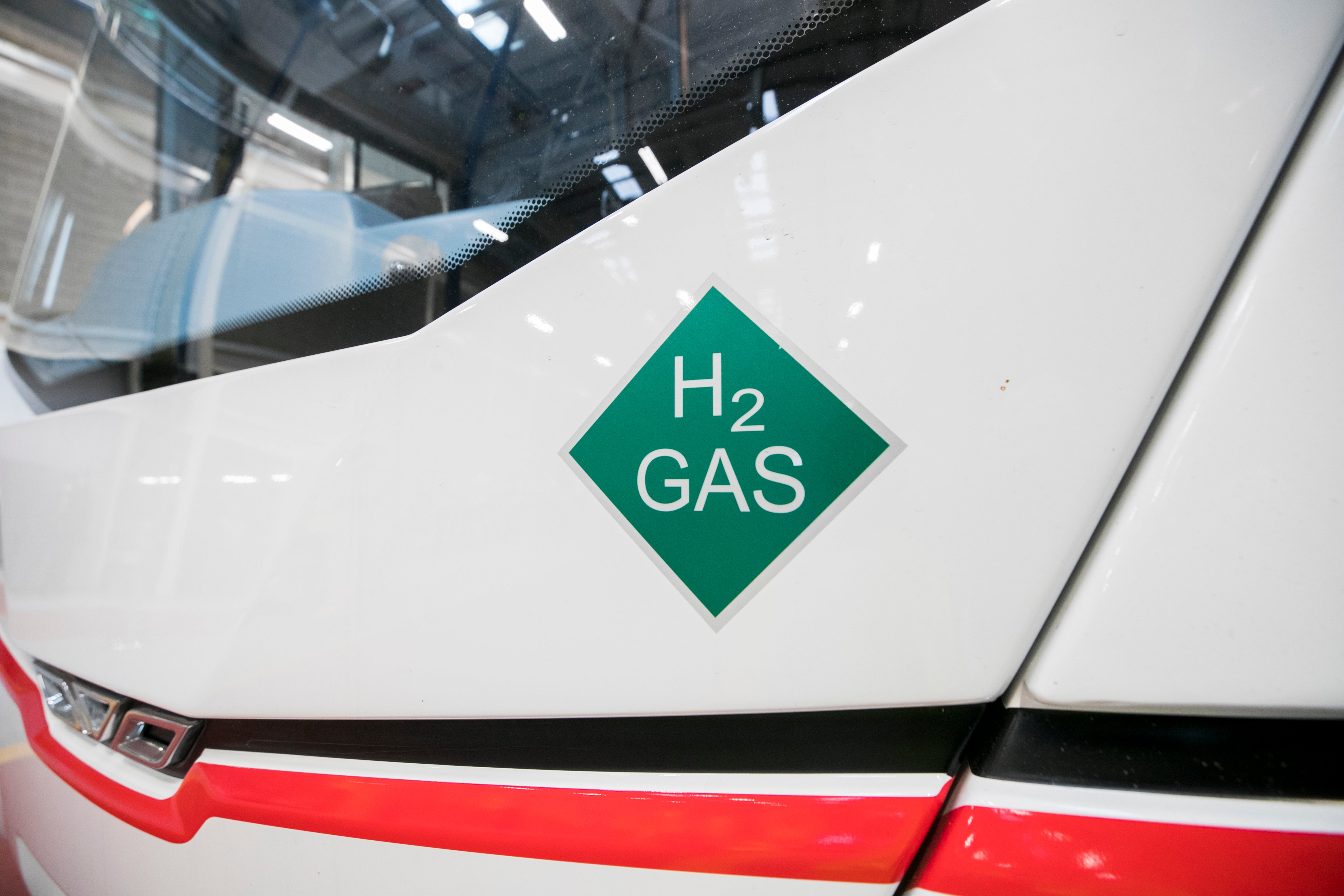Hydrogen investment could bring 25,000 jobs, says trade body
The source been suggested as an important part of the UK’s future energy makeup

Your support helps us to tell the story
From reproductive rights to climate change to Big Tech, The Independent is on the ground when the story is developing. Whether it's investigating the financials of Elon Musk's pro-Trump PAC or producing our latest documentary, 'The A Word', which shines a light on the American women fighting for reproductive rights, we know how important it is to parse out the facts from the messaging.
At such a critical moment in US history, we need reporters on the ground. Your donation allows us to keep sending journalists to speak to both sides of the story.
The Independent is trusted by Americans across the entire political spectrum. And unlike many other quality news outlets, we choose not to lock Americans out of our reporting and analysis with paywalls. We believe quality journalism should be available to everyone, paid for by those who can afford it.
Your support makes all the difference.A trade body which represents the UK’s energy networks has said that current plans to invest in the roll-out of hydrogen in the UK could create 25,000 jobs in Britain.
The Energy Network Association (ENA) said that around 17,000 of these jobs could be focused in Britain’s industrial clusters.
The jobs will come from planned hydrogen projects, as the industry proposes to invest £4.4 billion in developing hydrogen gas grids to help switch industrial areas to a new fuel.
Around 9,000 people will be employed by the network companies themselves, with another 8,000 in their supply chains, the ENA said.
It is part of a total £6.8 billion of planned investment projects.
Network companies have been pushing for hydrogen to become a major part of the UK’s 2050 target to reach net zero – that is, emitting no more greenhouse gases than the country absorbs.
However, the fuel has many critics.
While hydrogen emits no greenhouse gas when it is burned, an overwhelming majority of today’s hydrogen is produced from natural gas.
When the gas is transformed into hydrogen it produces carbon dioxide. Proponents of this method say that this can be captured from the air and stored underground.
However, opponents worry that the capture technology is not as effective as claimed.
Hydrogen can also be produced by splitting water molecules. However this is an expensive process which requires much electricity.
Chris Train, ENA’s Gas Goes Green champion, said: “For the first time, this report sets out the sheer size and scale of the economic and social opportunities that hydrogen innovation can deliver over the next ten years, creating new green, hydrogen super-skills in communities and companies across the country.
Chris Manson-Whitton, of hydrogen project HyNet North West, said: “The UK has the innovation, skill and world leading infrastructure to be a global leader in the delivery of the hydrogen economy.
“Our leading industrial partners, such as those in the HyNet North West cluster, are committed to decarbonising their operations and products.
“Hydrogen enables them to do that, safeguarding jobs and attracting inward investment. As this report shows, network innovation underpins this transformation, also decarbonising our communities and transport systems, and creating thousands of skilled green jobs.”